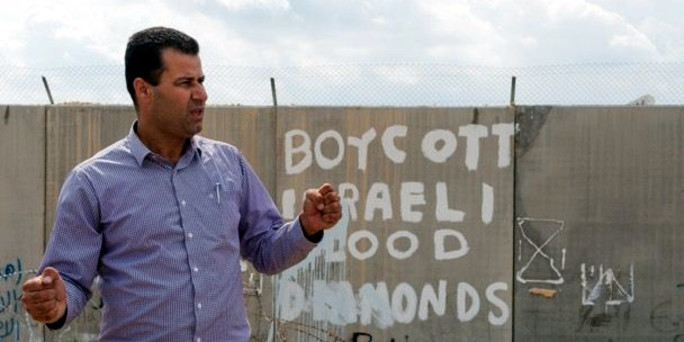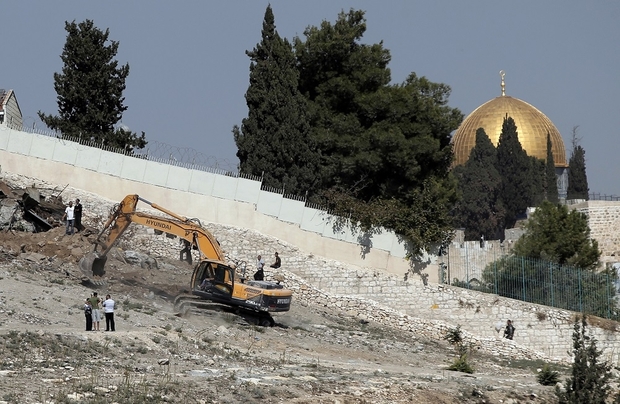Category: In the Media
-
Human Rights Defender Abdullah Abu Rahma arrested and detained
15th May 2016 | International Solidarity Movement, al-Khalil Team | Bil’in, occupied Palestine UPDATE 23d of May 2016: Abdullah was released from military prison on the evening of the 22nd. He must return to military court on the first of June for a hearing of the appeal of the military prosecution against the decision to…
-
Imad Abu Shamsiya: A lifetime of resistance
1st May 2016 | International Solidarity Movement, al-Khalil Team | Hebron, occupied Palestine On the morning of the 24th of March around 8:30 am two Palestinian youths, Ramzi Aziz al-Qasrawi, 21, and Abed al-Fattah Yusri al-Sharif, also 21, were shot to death by Israeli forces after an alleged stabbing attempt in the Palestinian neighbourhood of…
-
Press release: Last day of demolition order leaves Palestinian family in Wadi al-Joz in fear of losing their home
10th April 2016 | International Solidarity Movement, al-Khalil Team | Jerusalem, occupied Palestine The 10th of April is the last day of the demolition order on the home of the Totanji family. The family lives in the Sawaneh district in Wadi al-Joz, a village in East Jerusalem near the Old City, which Israel has declared…


